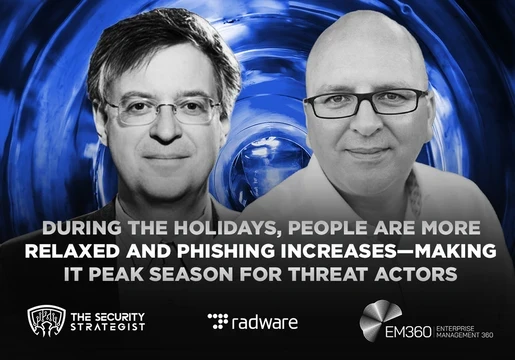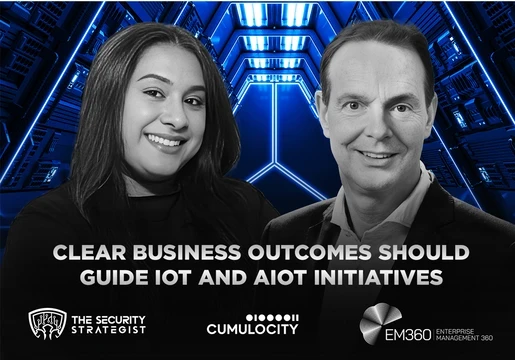If blockchain can replace the auditor by validating transactions, who will validate the validators? Price Waterhouse Cooper LLP (PwC), a Big Four auditing firm, has announced a blockchain audit service that aims to encourage consumers to engage with the new technology.

Blockchain is a constantly growing list of records that are linked and secured by cryptography, and is often associated with cryptocurrencies. Blockchain can also be employed to manage online identity verification, to aid manufacturing growth, and it can even be implemented in innovative e-commerce platforms to rival the likes of Amazon.
Michael Smith, a PwC partner, told The Wall Street Journal that the technology requires an independent validation to ensure that blockchain is operating as it intends to. The firm plans to provide an exterior perspective on clients’ use of blockchain, and to ensure that companies are implementing the technology correctly.
The move will undoubtedly encourage companies’ usage and application of blockchain, as well as appeasing any internal concerns regarding the technology. PwC recognises businesses’ concerns regarding compliance, however, as well as their clients’ anxieties concerning risk management and corporate controls.
These sorts of concerns are not unprecedented. Smith attested that “there’s a natural predilection for people with new technology to be distrustful of it”, and added “there’s going to have to be some kind of independent validation that the technology is functioning as intended.”
Blockchain is often perceived as tamper-proof, but adopting the technology in enterprise creates a whole new range of challenges in terms of risk management. Vicki Huff, PwC’s global innovation leader, asserted that “the compliance teams don’t know what to do with it.”
PwC has developed testing criteria and controls to tackle these issues, and the firm records transactions on the blockchain using these measures to allow a company to monitor, view, and test transactions in real time. PwC’s effort to capitalise on blockchain is admirable, but only time will tell whether somewhat traditional methods of auditing can be applied to new and unfamiliar technology.







Comments ( 0 )